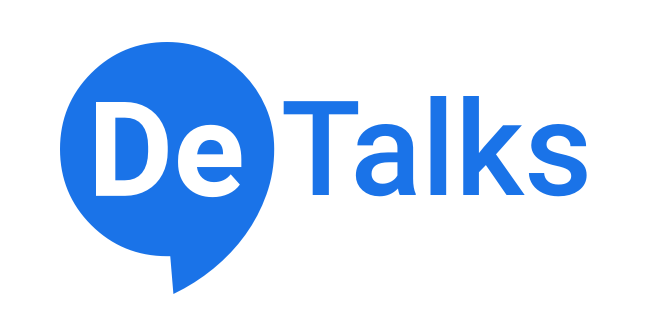
Are you a psychologist running your own practice ?
Sign up and we'll let you know when we launch. Win exclusive benefits.

"Psychologists are often not trained in business management. I am committed to helping them establish and grow their practices, ensuring they stay compliant with laws, adhere to mental health practice guidelines, and maintain professional safety."
